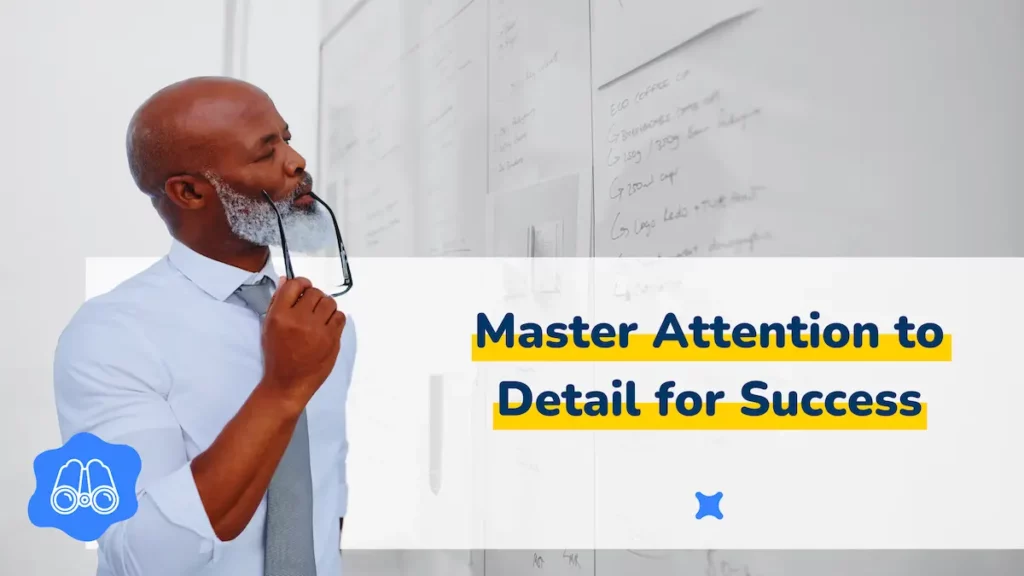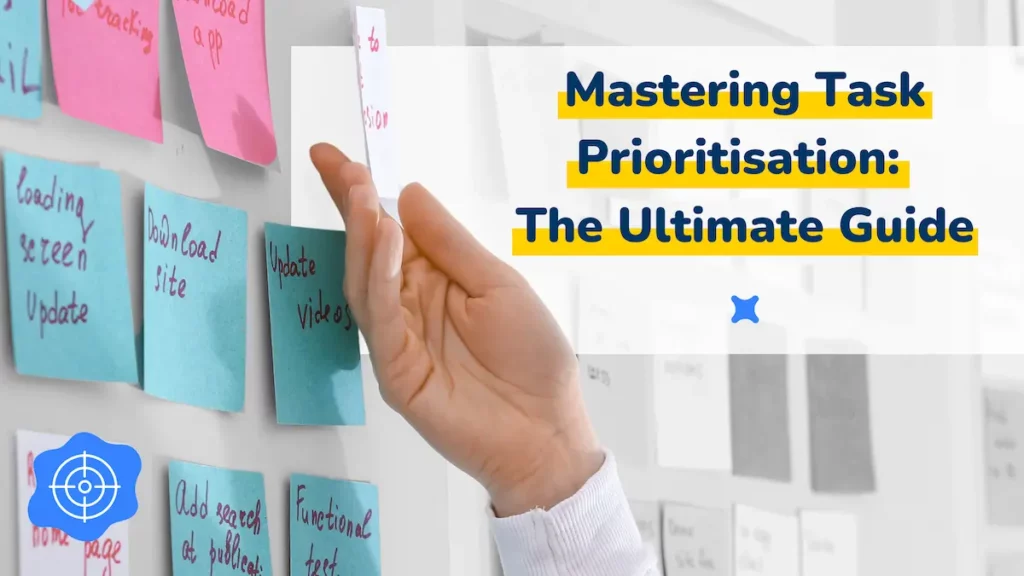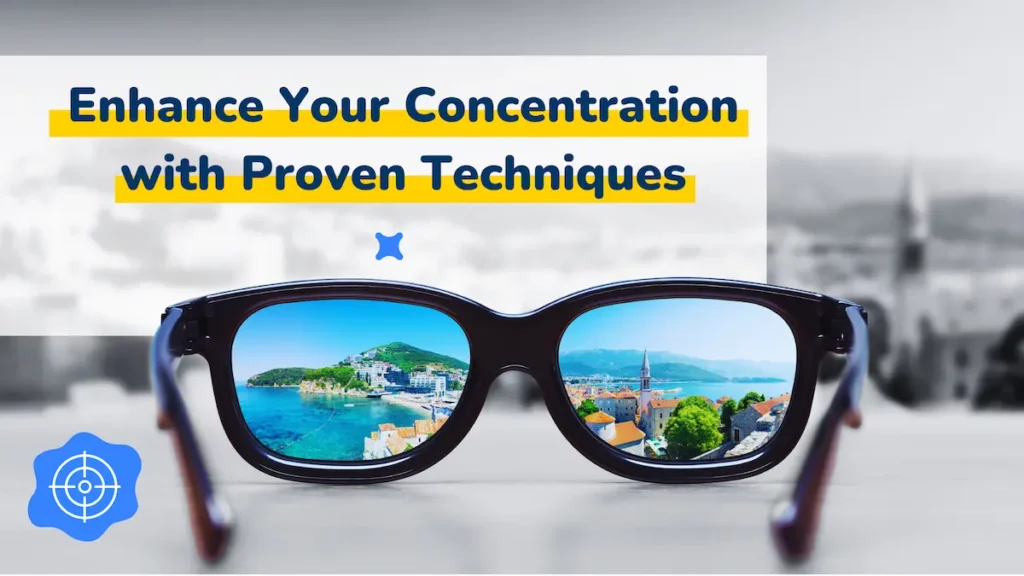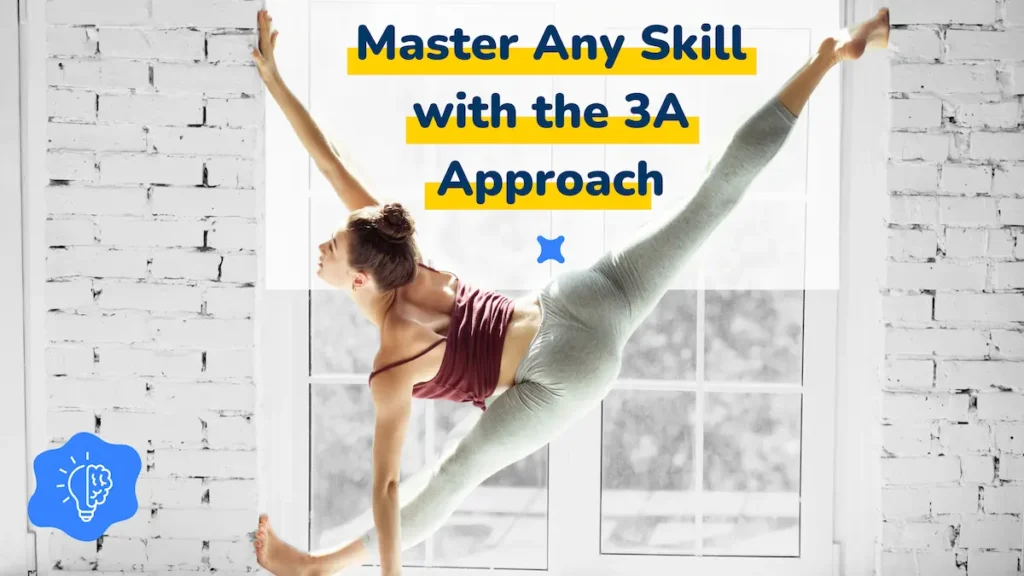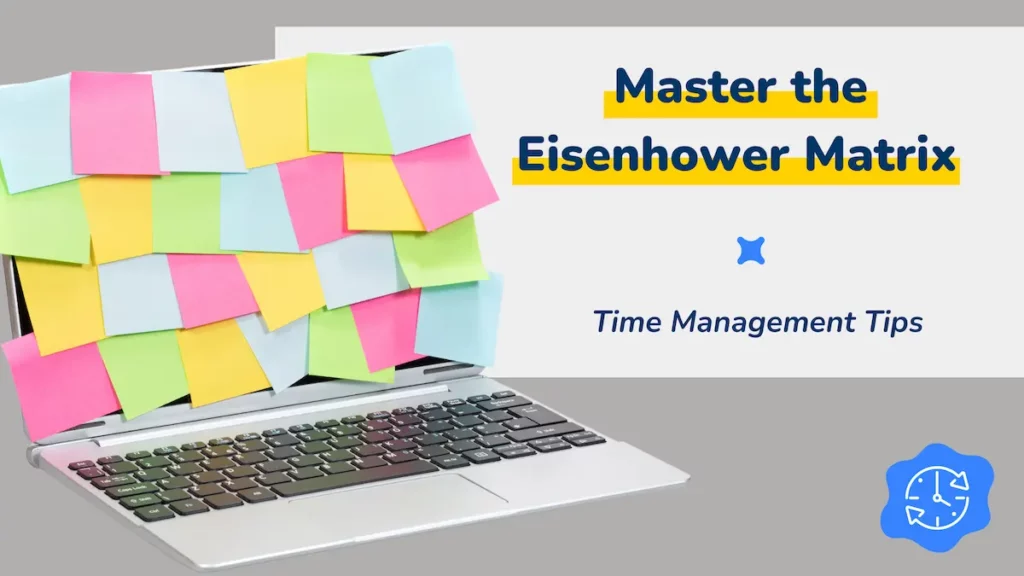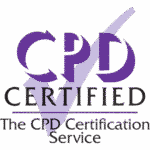The Role of Decision-Making in Leadership
At the heart of leadership lies the ability to make decisions. It involves selecting the best course of action from various options to meet organisational goals. A leader’s decisions need a mix of analytical thinking and intuitive judgement to be both informed and timely. Being able to make effective decisions helps navigate complex situations, capitalise on opportunities, and mitigate risks, all of which are essential for maintaining professional momentum and achieving long-term success.
Benefits of Effective Decision-Making Skills
Enhanced Organisational Performance
Effective decision drive better outcomes and boosts efficiency. It ensures resources are used wisely, clear goals are set, and organisational objectives are met. By making informed choices, leaders can streamline operations, optimise resource allocation, and enhance overall productivity. This, in turn, leads to improved financial performance and competitive positioning.
Increased Employee Morale and Engagement
Thoughtful decisions from leaders elevate employee confidence and morale. Including team members in the decision-making process fosters a sense of ownership and commitment. When employees feel their input is valued, they are more likely to be engaged and motivated, leading to higher job satisfaction and retention rates.
Risk Management
Good decision-making involves assessing risks and crafting strategies to manage them. This proactive stance reduces the chances of negative outcomes and maintains stability. By identifying potential pitfalls early, leaders can develop contingency plans and safeguard the organisation against unforeseen challenges.
Fostering Innovation
Informed decisions by leaders create a culture of innovation. Openness to new ideas and approaches can lead to creative solutions and a competitive advantage. Encouraging experimentation and calculated risk-taking can drive breakthrough innovations that propel the business forward.
Strategies to Achieve Effective Decision-Making Skills
Define Clear Goals and Objectives
Start with a clear vision of what you aim to achieve. Clear goals provide direction and help assess the potential outcomes of various decisions. Establishing specific, measurable, achievable, relevant, and time-bound (SMART) objectives ensures that our efforts are aligned with the organisation’s strategic priorities.
Gather Comprehensive Information
Collect all relevant data and insights. This includes quantitative data, expert opinions, and stakeholder feedback. Having comprehensive information leads to well-rounded decisions. In today’s data-driven world, leveraging analytics and technology can provide deeper insights and support evidence-based decisions.
Consider Multiple Perspectives
Engage with team members and stakeholders to gather diverse viewpoints. Different perspectives can offer new insights and lead to more effective solutions. Encouraging open dialogue and collaboration ensures that all angles are considered, reducing the likelihood of blind spots and fostering a more inclusive decision-making process.
Use Decision-Making Frameworks
Structured frameworks can streamline the process of making decisions. Tools like SWOT analysis (Strengths, Weaknesses, Opportunities, Threats), the Decision Matrix, and Cost-Benefit Analysis help organise thoughts and evaluate options. These systems and frameworks provide a systematic approach to assessing alternatives and facilitate more objective and transparent process.
Balance Logic and Intuition
While analytical thinking is essential, intuition also plays a key role. Leaders should trust their instincts, especially when they have significant experience and knowledge in a particular area. Intuitive decision-making can be particularly valuable in situations where time is limited or when dealing with complex, ambiguous problems that lack clear-cut solutions.
Evaluate Alternatives and Potential Outcomes
Examine the feasibility, risks, and benefits of each alternative. Consider both short-term and long-term implications to choose the best path forward. Conducting scenario planning and sensitivity analysis can help leaders anticipate potential impacts and make more informed choices.
Decisive Action and Implementation
Once you have made a decision, act decisively to implement it. Clearly communicate the decision to all involved and ensure everyone understands their roles and responsibilities. Effective execution requires strong project management skills and the ability to mobilise resources and align efforts towards common goals.
Review and Reflect
After implementing a decision, review the outcomes and reflect on the process. Analysing what worked and identifying areas for improvement enhances future decision-making skills. Continuous learning and adaptation are key to evolving as a leader and driving sustained organisational success.
Enhancing Decision-Making Skills with inGeniusly
Integrating Complementary Skills
inGeniusly offers a comprehensive approach to enhancing your ability to make decisions by integrating complementary cognitive abilities such as critical thinking, problem-solving, and emotional intelligence. By providing practical exercises and real-world scenarios, inGeniusly ensures that leaders can apply these skills effectively in their decision-making processes.
- Critical Thinking: Enhances the ability to analyse information logically and systematically, ensuring decisions are well-founded.
- Problem-Solving: Develops the capacity to identify root causes of issues and devise effective solutions.
- Emotional Intelligence: Improves understanding of one’s own emotions and those of others, fostering better communication and decisions.
Utilising Structured Frameworks
inGeniusly provides leaders with structured frameworks and decision-making models that streamline the decision process. These tools help organise thoughts, evaluate options objectively, and prioritise actions based on strategic goals.
Real-Time Feedback and Reflection
inGeniusly emphasises the importance of real-time feedback and reflection. By encouraging leaders to review their decisions and consider the outcomes, inGeniusly helps them learn from their experiences and refine their decision-making abilities continuously.
Practical Applications and Simulations
inGeniusly incorporates practical applications and simulations that mimic real-world challenges. These exercises allow leaders to practise and hone their decision-making skills in a controlled environment, building confidence and competence that can be applied in their professional roles.
Effective Decision-Making and Leadership
Effective decision-making is crucial for successful leadership. By setting clear goals, gathering comprehensive information, considering multiple perspectives, using structured frameworks, balancing logic and intuition, evaluating alternatives, taking decisive action, and reflecting on outcomes, leaders can sharpen their decision-making abilities. These strategies not only boost organisational performance and employee engagement but also encourage innovation and robust risk management. Embrace these practices to make informed, confident decisions that propel your organisation forward.
By leveraging resources like inGeniusly, leaders can further enhance their ability to make decisions through integrated training programmes that focus on critical thinking, problem-solving, and emotional intelligence. This holistic approach ensures that leaders are well-equipped to navigate the complexities of modern organisational environments and drive sustained success.
FAQs
Why is decision-making important for leadership?
Decision-making is critical for leadership because it directly impacts organisational performance, employee engagement, risk management, and innovation. Effective decisions align with strategic goals, optimise resource use, and foster a positive work environment.
How can leaders improve their decision-making skills?
Leaders can improve their decision-making skills by defining clear goals, gathering comprehensive information, considering multiple perspectives, using structured frameworks, balancing logic and intuition, evaluating alternatives, taking decisive action, and reviewing and reflecting on outcomes.
What are some common decision-making frameworks?
Common decision-making frameworks include SWOT analysis, Decision Matrix, and Cost-Benefit Analysis. These tools help organise thoughts, evaluate options objectively, and prioritise actions based on strategic goals.
How does inGeniusly enhance decision-making skills?
inGeniusly enhances decision-making skills through practical exercises, real-world scenarios, structured frameworks, and integration of complementary skills like critical thinking, problem-solving, and emotional intelligence.
Why is it important to balance logic and intuition in decision-making?
Balancing logic and intuition is important because both play crucial roles in effective decision-making. Logical analysis ensures that decisions are based on solid data and objective evaluation, while intuition allows leaders to draw on their experience and gut feelings, which can be particularly valuable in ambiguous or rapidly changing situations. Combining both approaches leads to more well-rounded and informed decisions.
How can leaders foster a culture of innovation through decision-making?
Leaders can foster a culture of innovation by being open to new ideas, encouraging experimentation, and supporting calculated risk-taking. Involving team members in the decision-making process and valuing diverse perspectives can lead to creative solutions and a competitive advantage. Creating an environment where employees feel safe to propose and test new ideas is key to driving innovation.
What role does feedback play in enhancing decision-making skills?
Feedback plays a critical role in enhancing decision-making skills by providing insights into what worked well and what didn’t. Constructive criticism helps leaders learn from their experiences, identify areas for improvement, and refine their decision-making processes. Regular feedback sessions and reflective practices ensure continuous growth and adaptation.
How can leaders effectively implement decisions once they are made?
Leaders can effectively implement decisions by clearly communicating the decision, outlining the rationale behind it, and ensuring everyone understands their roles and responsibilities. Setting clear timelines, monitoring progress, and being open to adjustments as needed are also crucial. Effective implementation requires strong project management skills and the ability to align team efforts towards common goals.
What is the impact of involving employees in the decision-making process?
Involving employees in the decision-making process can significantly enhance their engagement, morale, and sense of ownership. When employees feel their opinions are valued, they are more likely to be committed to the organisation’s success. This collaborative approach also leads to more diverse perspectives and potentially more innovative solutions.

